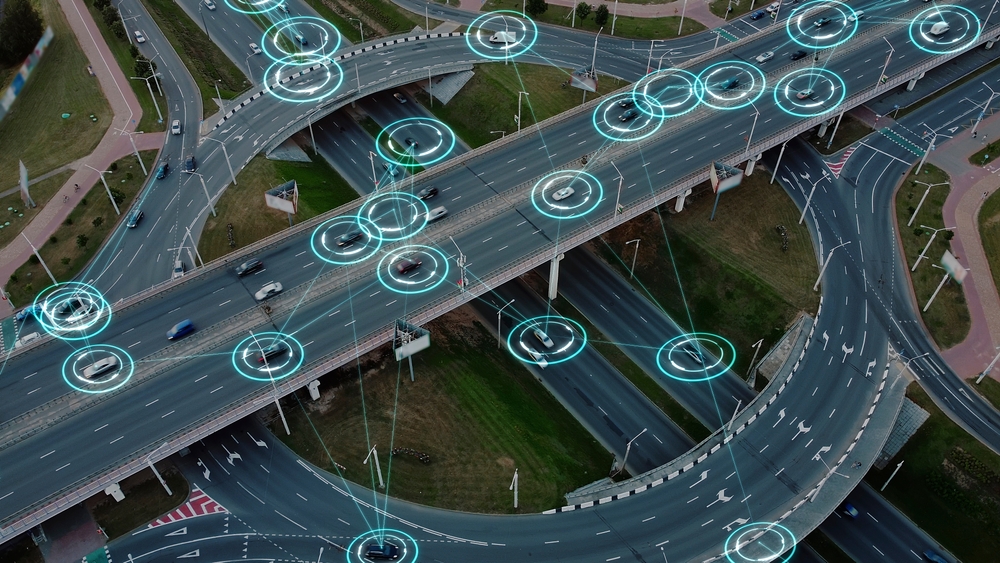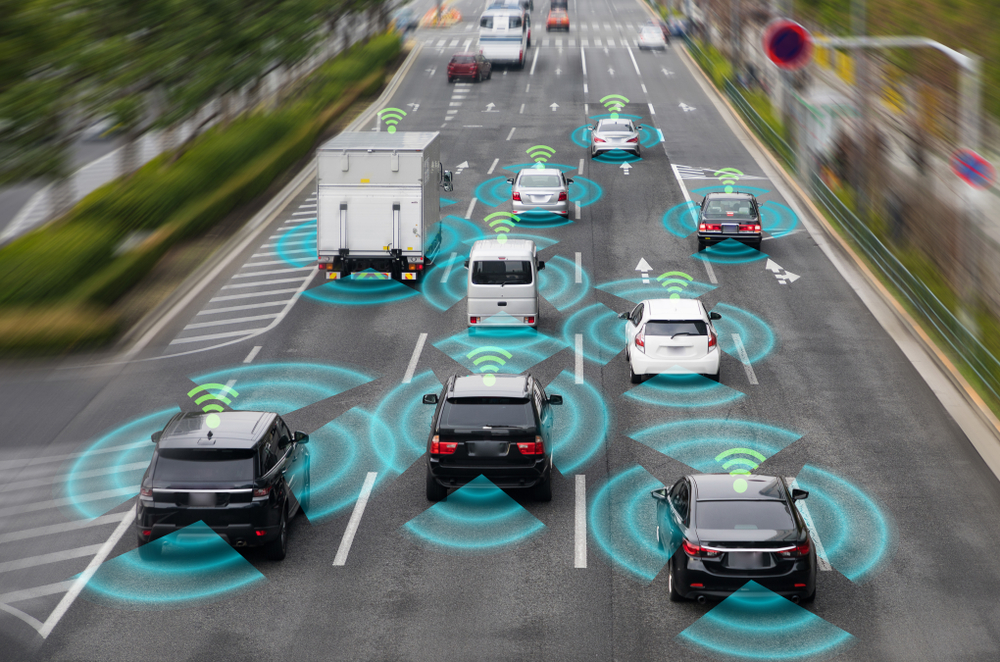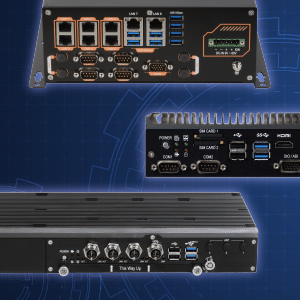Understanding Smart Roads and Smart Traffic

The rise of smart road technology, powered by Internet of Things (IoT) sensors and 5G networks, is transforming traffic management and sustainable transportation. These intelligent roads are more than just an upgrade to existing infrastructure; they represent a revolutionary shift in addressing the complexities of modern traffic systems. Designed to enhance daily traffic management while accommodating the long-term needs of growing urban populations, smart roads are set to play a critical role in the future of transportation.
By leveraging edge computing, smart roads enable low-latency analytics, which is crucial for real-time decision-making. One of the most visible outcomes of this technology is AI-powered adaptive traffic lights, which significantly improve traffic flow and safety by adjusting in real time to current conditions. This level of responsiveness makes smart roads an essential component of urban infrastructure moving forward.
Why Is Smart Traffic Considered the Future of Roads?
Intelligent traffic systems are widely seen as the future of road transportation because they dramatically improve traffic flow and enhance road safety. Unlike traditional systems that rely on static, predefined rules, intelligent traffic systems utilize real-time data to make dynamic decisions, leading to more efficient management and reduced congestion. For instance, intelligent traffic lights have been shown to reduce traffic delays by up to 40%.
Integrating IoT devices, sensors, and 5G networks into transportation infrastructure enables seamless communication between vehicles, traffic signals, and road signs. This connectivity is crucial for implementing vehicle-to-everything (V2X) communication, allowing vehicles to interact with each other and with roadside infrastructure. Such interactions enhance safety by providing drivers real-time information about road conditions, hazards, and optimal routes.
In addition, smart traffic systems support advanced driver-assistance systems (ADAS) and autonomous driving technologies. These systems rely on real-time data from smart roads to make informed decisions, such as when to slow down, stop, or change lanes. Smart traffic systems are crucial in minimizing accidents and improving overall road safety by reducing human error.
Emerging Use Cases of Smart Road Technology

Smart road technologies are deployed in various practical applications, each contributing to a more efficient and safer driving experience. These emerging use cases demonstrate the transformative potential of smart roads in modern transportation.
Real-time Traffic Monitoring
This is one of the most significant applications of smart road technology. Smart roads can monitor traffic conditions in real time by using IoT sensors and cameras embedded in the road infrastructure. This data is then processed using edge computing, allowing traffic management systems to respond immediately to changing conditions. For example, during peak traffic hours, smart roads can dynamically adjust traffic signals to alleviate congestion and maintain a smooth flow of vehicles.
Road Sign Recognition
This is another critical use case where smart roads enhance driving safety. IoT-enabled road signs can communicate directly with vehicles, ensuring drivers know essential information such as speed limits, road hazards, or construction zones. This automation reduces the likelihood of missed signs and improves overall road safety by providing real-time updates to drivers.
Vehicle Tracking
Vehicle tracking on smart roads enables enhanced security and traffic management. By continuously monitoring vehicle movements, authorities can track the location of vehicles for purposes such as recovering stolen vehicles or managing traffic during emergencies. This capability is particularly useful in urban areas with higher traffic congestion and crime rates.
Lane Guidance Systems
These are integrated into smart road infrastructure to assist drivers in maintaining safe lane positions. These systems use sensors and cameras to monitor lane markings and provide visual or auditory alerts if a vehicle begins to drift out of its lane. This technology is especially beneficial on highways and in conditions of poor visibility, reducing the risk of accidents caused by lane departure.
Autonomous Vehicles
Autonomous vehicles represent a significant advancement in transportation, and smart roads are crucial for their operation and safety. Autonomous vehicles rely on continuous communication with smart road infrastructure to navigate safely. Smart roads provide the necessary data for autonomous vehicles to make informed decisions, such as when to change lanes or adjust speed, ensuring a safer and more reliable autonomous driving experience.
Traffic Signal Management and Optimization
This is another area where smart road technology excels. Using AI and edge computing, traffic signals on smart roads can be optimized to reduce wait times at intersections and improve overall traffic flow. By analyzing real-time traffic data, these systems can adjust signal timings to accommodate fluctuations in traffic volume, minimizing congestion and reducing fuel consumption.
Developing Smart Traffic Management Solutions with SINTRONES
As the development of smart road technology continues to advance, SINTRONES is playing a critical role in creating innovative solutions that improve traffic management and transportation systems. Smart roads are rapidly becoming platforms for mobility innovation, enabling more intelligent vehicles and providing greater visibility and control over traffic flow.
SINTRONES, recognized for its expertise in intelligent transportation systems, offers cutting-edge solutions that are transforming traffic management. Our certified fanless computer solutions for electric vehicles exemplify how smart road technology is being integrated into modern transportation systems. These solutions provide the computing power needed to process the vast amounts of data generated by smart roads, enabling real-time analytics and decision-making.
See how SINTRONES’ Smart Traffic Solution can elevate your traffic management systems and drive the future of intelligent transportation.




